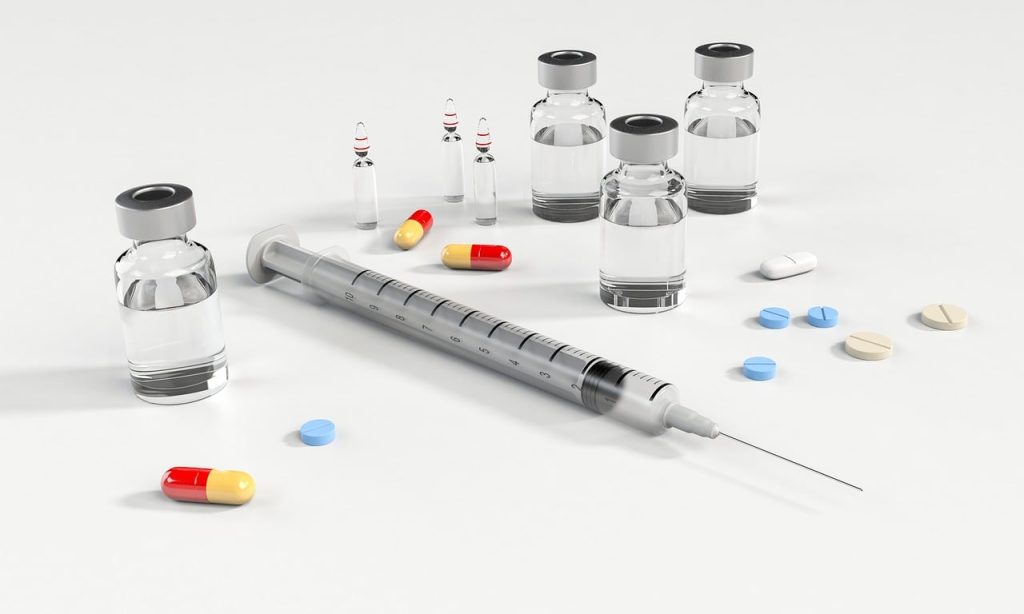It is crucial to maintain the highest standards in clinical trials and drug tests, as any compromise may jeopardize public confidence and participation in the clinical trials and may ultimately affect the availability of safe and effective products. Rules and regulations are mechanisms to ensure that the quality and integrity of data collected in clinical trials is maintained and also to ensure that the rights, safety and welfare of research participants are protected. The number of clinical trials must increase, the Government is also trying to ensure that the rights and safety of the subjects are protected and the quality of the trials performed in India improve to international standards.
The Ministry of Health and Family Welfare on 9th March 2023, issued the Draft New Drugs and Clinical Trials Amendment Rules 2023 to amend further New Drug and Clinical Trial Rules 2019. An amendment to the New Drugs and Clinical Trial Rules (2023), recently passed by the Government of India, aims to replace the use of animals in research, especially in drug testing. For a long time, the first step of this process has been to test the candidate molecule in at least two animal species: a rodent (mouse or rat) and a non-rodent, such as canines and primates. Despite increasing investment in the pharmaceutical sector, most drugs that cleared the animal-testing stage fail at the stage of human clinical trials.
In 2021, the European Union passed a resolution on an action plan to facilitate the transition towards technologies that don’t use animals in research, regulatory testing, and education. The U.S. passed the FDA Modernization Act 2.0 in December 2022, allowing researchers to use these systems to test the safety and efficacy of new drugs. In the same month, South Korea introduced a Bill called ‘Vitalization of Development, Dissemination, and Use of Alternatives to Animal Testing Methods’. In June 2023, Canada amended its Environmental Protection Act to replace, reduce or refine the use of vertebrate animals in toxicity testing.
The new amendments in India made in new trial guidelines authorize researchers to instead use non-animal and human-relevant methods, including technologies like 3D organoids, organs-on-chip, and advanced computational methods, to test the safety and efficacy of new drugs. It is important to bring out guidelines on the minimal quality criterion and standards for these systems. Also, the current guidelines on animal testing requirements must be re-evaluated and revised, considering newer developments in cell-based and gene-editing based therapeutics

One problem is that developing an organ-on-a-chip system typically requires multidisciplinary knowledge. To enable this crosstalk between different disciplines, technology developers in academia and industry have proposed creating a ‘Centre for Excellence’ in India, akin to the Wyss Institute, to bring together scientists and others with a wide range of expertise to build preclinical human models. Another important problem concerns the resources needed for research. Most of the reagents, cell-culture-related materials and instruments for these technologies are currently imported from the U.S., Europe, and Japan. Thus, there exists a huge gap and hence opportunity in several diverse areas related to cell culture, material science and electronics, to develop an end-to-end ecosystem in India.
Issues like approval delays, deficiencies in the functioning of CROs and other stakeholders, liabilities and compensation to injured subjects, insurance issues etc. remain in India, which has made multinational companies rethink opting for India to conduct clinical trials in India recently. There is a need for a law to ensure that the people who undergo clinical trials are not exploited and should be well informed about risk as well to provide clarity on regulations.
Written by Siddhi Bhadeegar | Edited by Nirjara Poptani



